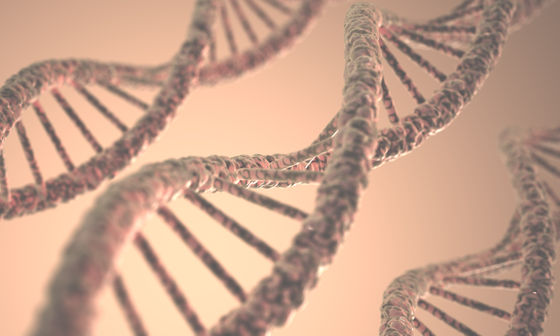Some people are born who do not feel the 'smell of rotten fish' due to mutation.

The fishy odor emitted by stale fish is unpleasant for many. However, research has newly revealed that humans with the special ability of not feeling the smell of such fish are born by mutation. About 2% of Icelanders have this ability, and it is even rarer in countries other than Iceland.
Sequence Variants in TAAR5 and Other Loci Affect Human Odor Perception and Naming: Current Biology
Can't smell stinky fish? It might be in your genes: Research Highlights
https://www.nature.com/articles/d41586-020-02832-1
There's a gene for detecting that fishy smell, olfactory GWAS shows | EurekAlert! Science News
https://www.eurekalert.org/pub_releases/2020-10/cp-tag100120.php
If Rotten Fish Smell Like Roses to You, a Genetic Mutation Might Be to Blame | Smart News | Smithsonian Magazine
https://www.smithsonianmag.com/smart-news/if-rotten-fish-smell-roses-mutation-might-be-blame-180976029/
A research team led by Kali Stephanson, CEO of Icelandic bio-research firm deCODE Genetics, who has been studying human DNA for decades, has about 800 ' olfactory senses ' that have been underestimated in previous studies. Focus on ' receptor genes '. I tried to find out by experiment how mutations in each gene affect the sense of smell.
The research team conducted an experiment in which 11,326 Icelanders were asked to actually smell the main odorous components contained in licorice, cinnamon, fish, lemon, peppermint, and banana. After sniffing each odor, the subjects described 'what odor was' and evaluated the strength and comfort of the odor.

The majority of people immediately identified the smell of fish as foul-smelling and said it was 'most unpleasant.' However, some subjects answered that they did not feel the smell of fish, and the smell of fish, such as 'potato', 'caramel', and 'rose', was irrelevant to fish and generally considered to be a 'good smell'. Some people answered that it was.
When the research team investigated the DNA of subjects by

According to a survey by the research team, about 2% of Icelanders have a gene mutation that invalidates TAAR5, 0.8% of Europeans as a whole, and 0.2% of Africans. Regarding the particularly high incidence of the gene mutation in question in Icelanders, the research team found that Iceland has been eating fish dishes for thousands of years and fish dishes such as Hakarl, which is fermented shark meat for several months. Pointed out that there is. I speculate that the accumulation of foods related to fish may have caused mutations.
'I'm pretty sure I haven't had this mutation, because I get nauseated when I get close to a fish that's a little less fresh,' said Stephenson.
Related Posts:







